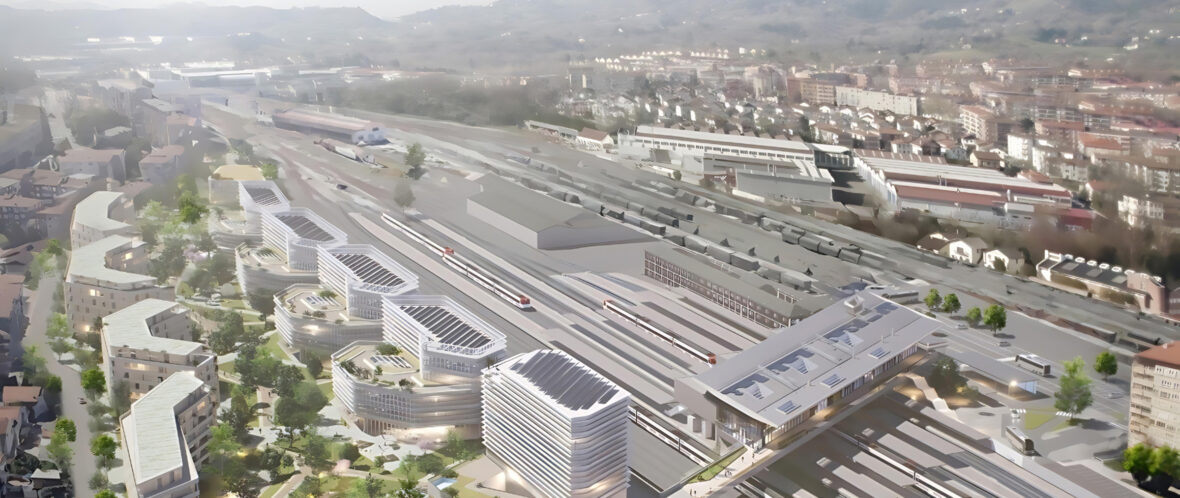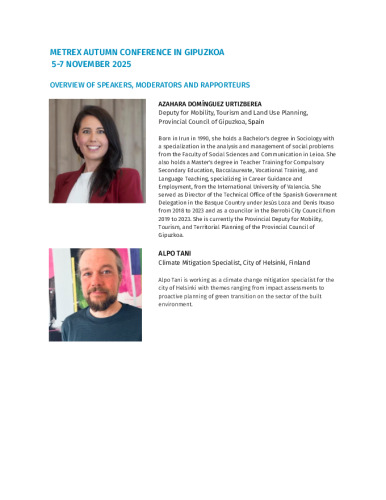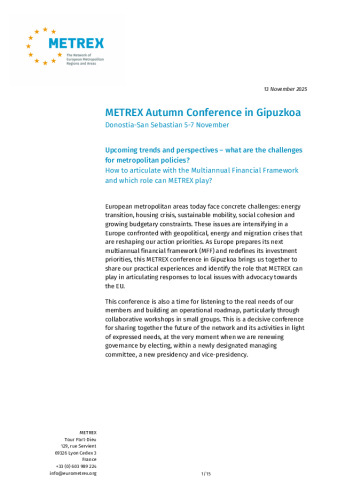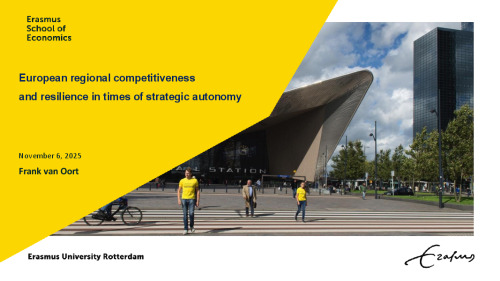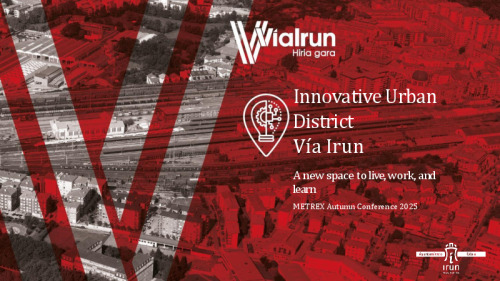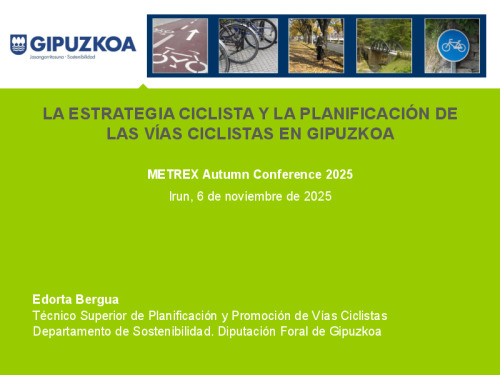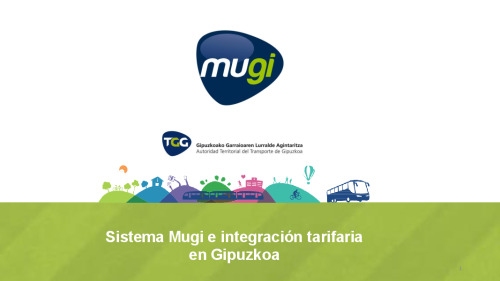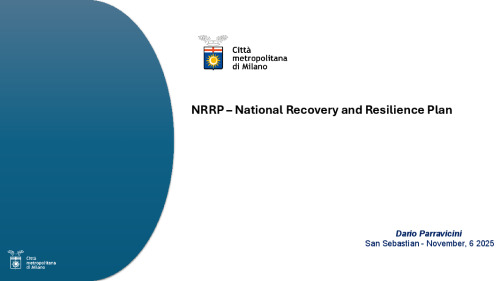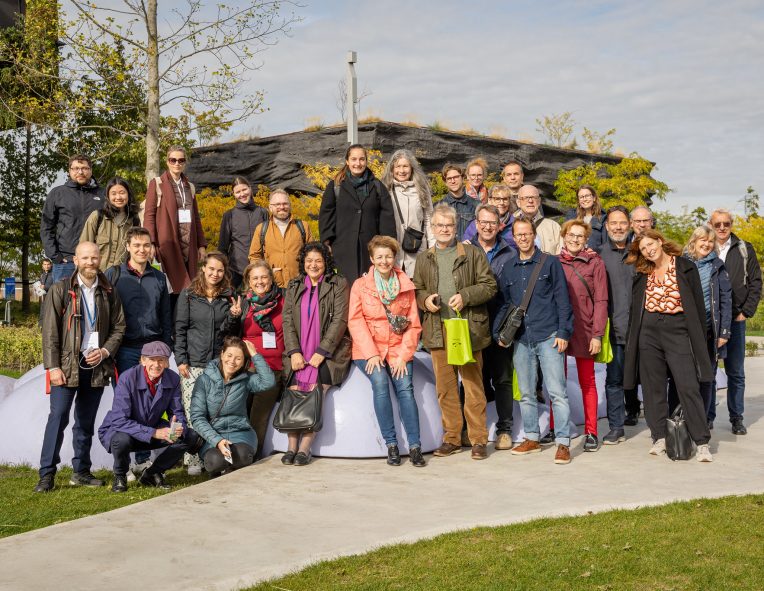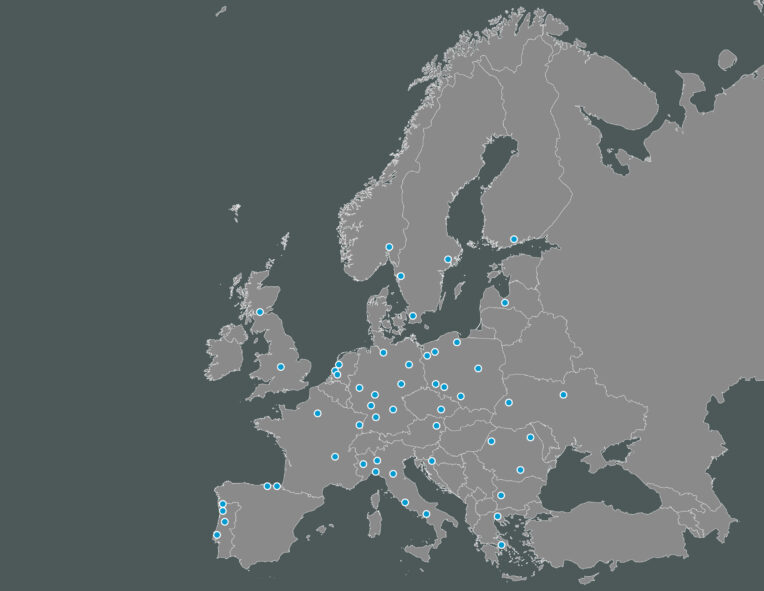How to articulate with the Multiannual Financial Framework and which role can METREX play?
The Conference agenda in a nutshell:
Day 1 – November 5 in San Sebastian: EGs/NGs internal meetings, official welcome
Day 2 – November 6 in Irun: Plenary sessions and World Cafés with Expert Groups
Day 3 – November 7 in Irun: General Assembly and thematic excursion
European metropolitan areas today face concrete challenges: energy transition, housing crisis, sustainable mobility, social cohesion and growing budgetary constraints. These issues are intensifying in a Europe confronted with geopolitical, energy and migration crises that are reshaping our action priorities. As Europe prepares its next multiannual financial framework (MFF) and redefines its investment priorities, this METREX conference in Gipuzkoa brought us together to share our practical experiences and identify the role that METREX can play in articulating responses to local issues with advocacy towards the EU.
This conference was also a time for listening to the real needs of our members and building an operational roadmap, particularly through collaborative workshops in small groups. This has been a decisive conference for sharing the future of the network and its activities in light of expressed needs, at the very moment when we were renewing governance by electing, within a newly designated managing committee, a new presidency and vice-presidency.
Overview of the agenda
The METREX conference in the province of Gipuzkoa opened on Wednesday 5 November with parallel Network and Expert Group meetings in the morning. In the afternoon, participants were officially welcomed at the Provincial Council of Gipuzkoa. The day concluded with an informal dinner kindly offered by the Provincial Council.
On Thursday 6 November, the programme focused on Gipuzkoa as a model for sustainable and integrated mobility. At the FICOBA centre in Irun, the official opening was followed by institutional presentations on how mobility drives urban transformation, including the VIA IRUN project and cycling strategies. A European panel then situated mobility in the wider EU context ‘Metropolitan responses for Europe’s mobility and regeneration agendas’, featuring case studies from Euskadi, Spain, Metropolitan City of Genova, Metropolitan City of Milan, and Metropolitan region Rheinland.
After lunch, World-Cafés with METREX Expert Groups took place. The works of the day has served as input for a potential “Gipuzkoa Statement” on MFF 2028. The day closed with a conference dinner.
Friday 7 November was dedicated to the METREX General Assembly, including elections and financial updates. The thematic excursion offered insights into the urban regeneration practice and strategies through the VIA IRUN project.
VIDEOS FROM THE CONFERENCE
Thursday 6 November
Opening Speech
Local Inspiration, European Perspective
From Local Model to European Challenge and back
with Laura Papaleo, Director of the Digital Strategies, ICT and European Funds Department,
Metropolitan City of Genova, Italy
Thursday 6 November
Plenary Session: Bridging current transitional dynamics in the Metropolitan Reality
A Metropolitan Area in Transition.
The Metropolitan City of Genoa: a journey through Regeneration, Digitalisation and Sustainability
with Laura Papaleo, Director of the Digital Strategies, ICT and European Funds Department,
Metropolitan City of Genova, Italy
The Metropolitan City of Milan: A connected territory, a shared future.
Our host
The conference was kindly hosted and co-organised with the Provincial Council of Gipuzkoa

